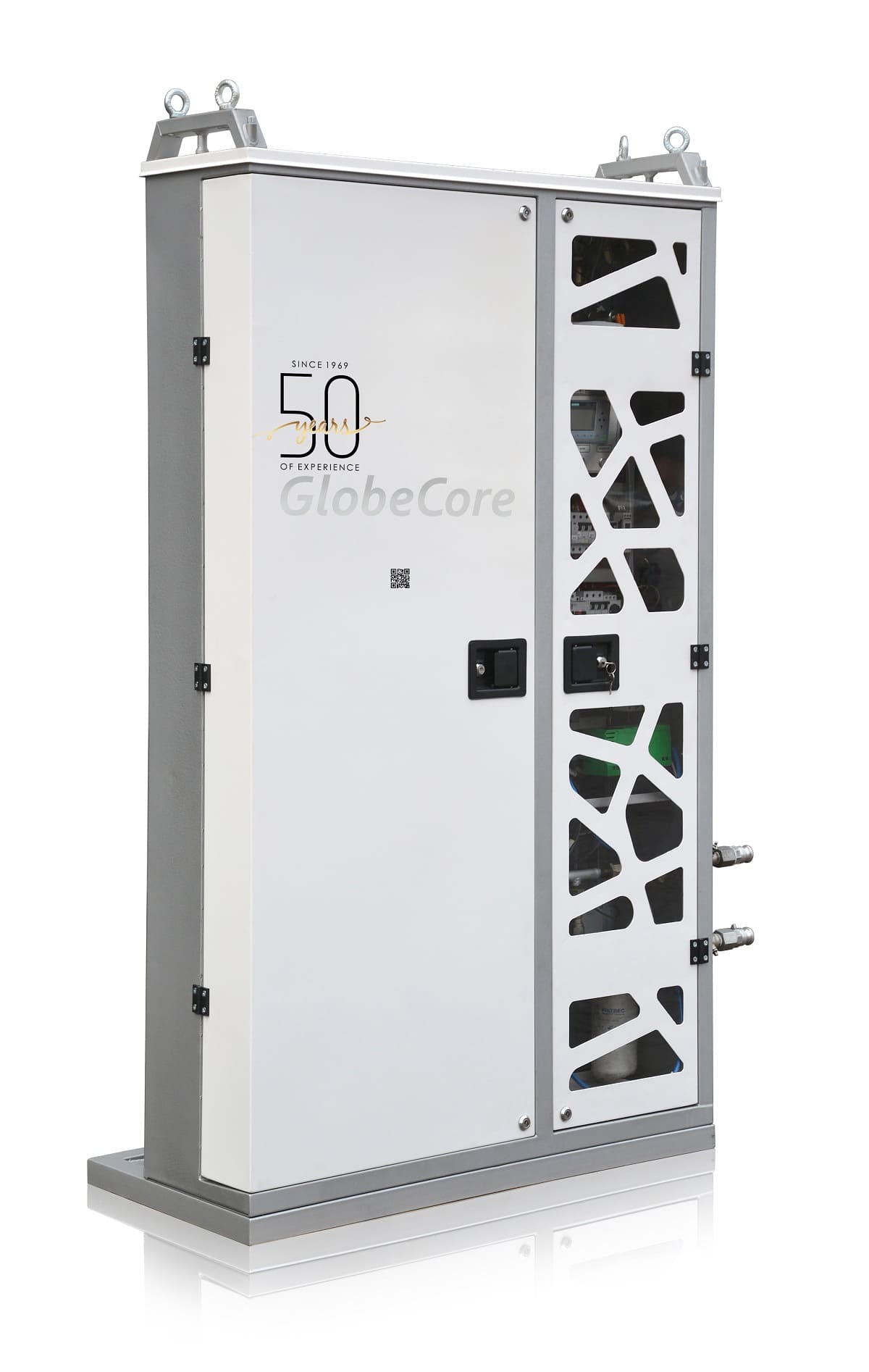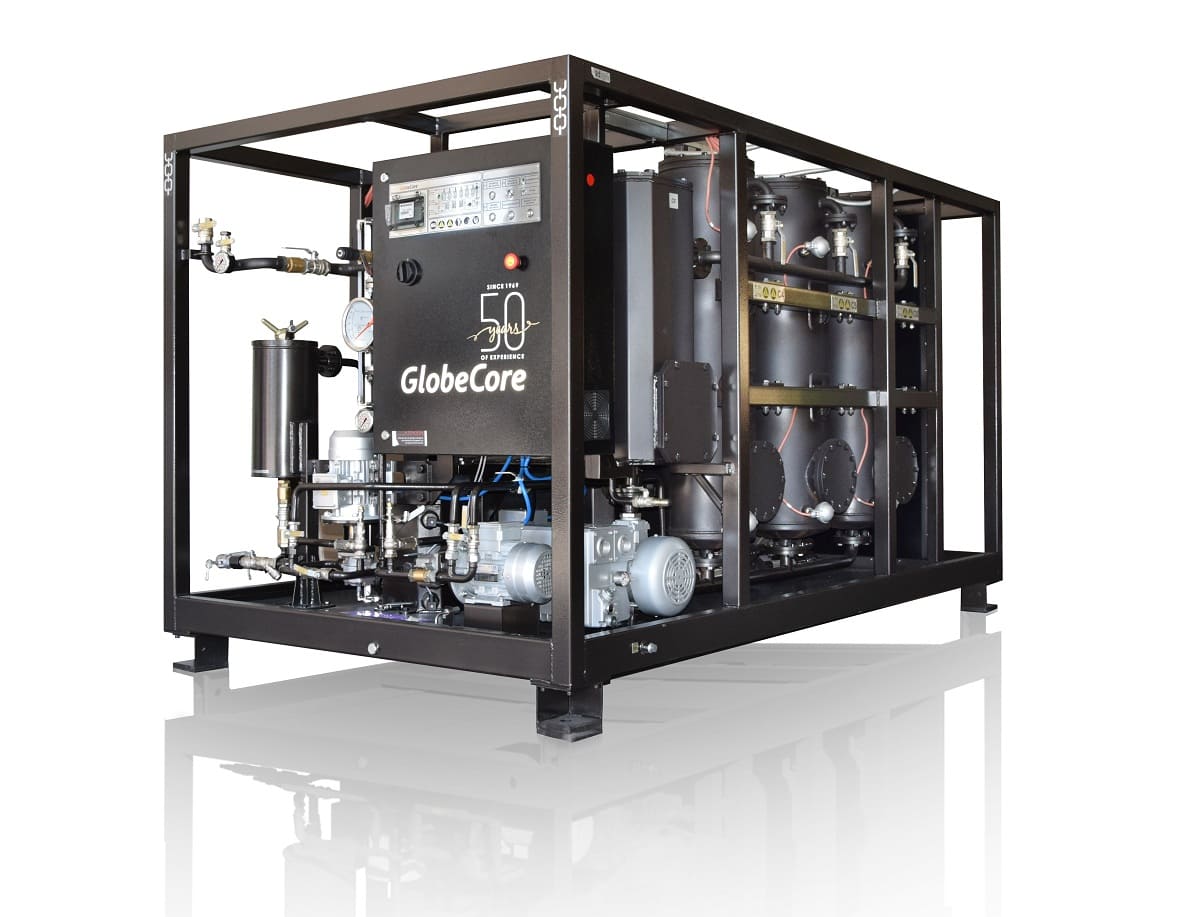Railway traction transformer
How does a railway transformer differ from a standard power transformer?
- This topic has 1 reply, 2 voices, and was last updated 1 year, 4 months ago by .
Answers
-
October 1, 2024 at 2:07 pm by Haruto Tanaka
Railway transformers are specifically engineered to meet the unique requirements of railway applications. They are designed to be more compact and lightweight to fit within limited space on trains. They must withstand mechanical vibrations, shocks, and thermal cycling typical in railway environments. Railway transformers often operate at different frequencies (e.g., 16.7 Hz or 25 Hz) compared to standard power transformers (50 or 60 Hz). They also incorporate specialized cooling systems and insulation to handle high electrical and thermal stresses, ensuring reliability and safety in dynamic operating conditions.



